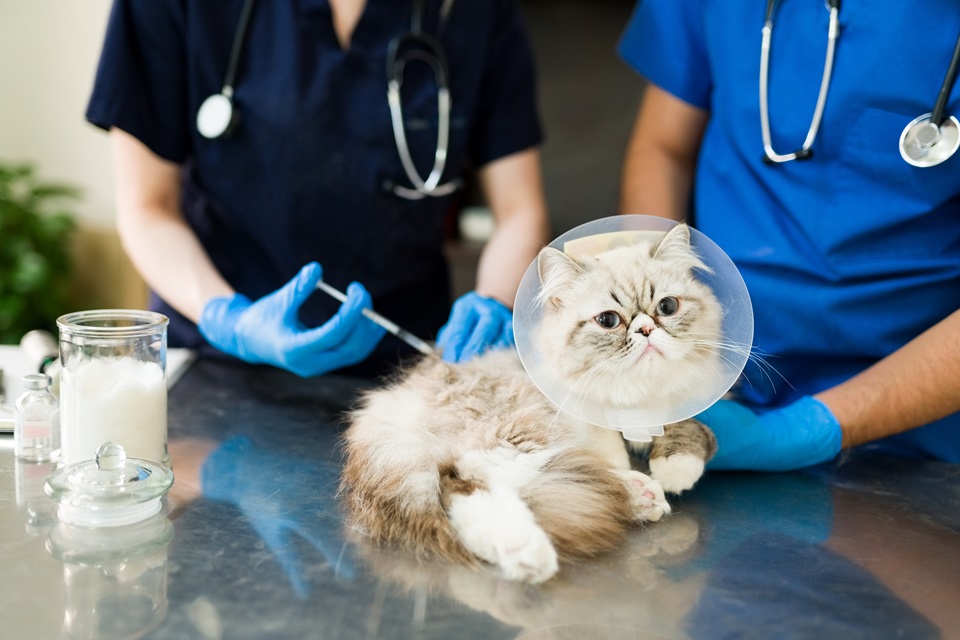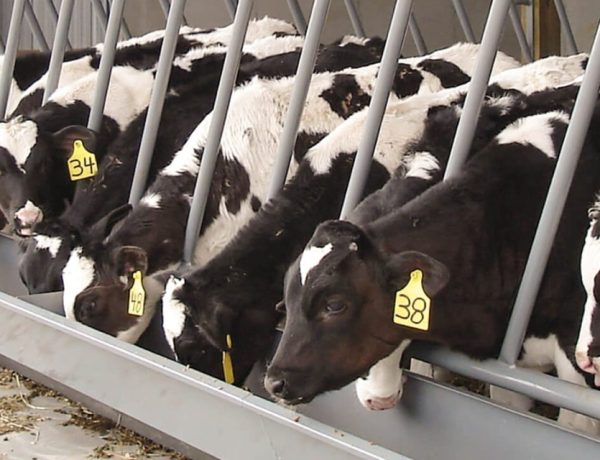Table of Contents
Key Takeaways
- Vaccinations prevent life-threatening diseases in pets.
- They contribute to public health by reducing the transmission of zoonotic diseases.
- Regular immunizations can lead to significant cost savings over time.
- Vaccines enhance the overall quality of life for pets.
Ensuring that your cats and dogs receive regular vaccinations is a vital responsibility for any pet owner. Not only does it protect your pets from a range of dangerous diseases, but it also safeguards your household and community. If you’re ever in doubt or need urgent care for your pet’s health, finding an emergency vet near me can provide the assistance you need. Vaccinations are an essential preventative measure, promoting healthier lives for your furry companions and helping to prevent the spread of diseases that put both animals and people at risk. With more people sharing their lives and homes with pets, keeping up on vaccination schedules is more critical than ever. These regular immunizations are not just about personal responsibility, but also about contributing to a safer and healthier community. Licensed veterinarians can help create personalized vaccine plans that suit each animal’s needs, ensuring your pets are not only protected but also cared for most effectively.
Protection Against Deadly Diseases
Vaccines are your pet’s first line of defense against several highly contagious and often fatal diseases. For dogs, core vaccines target threats like distemper, canine parvovirus, and rabies. In cats, essential immunizations include those for feline distemper (panleukopenia), herpesvirus, and calicivirus. The consequences of these illnesses can be devastating, leading to significant suffering, long recovery times, and even death. Fortunately, research and advancements in veterinary medicine have made these illnesses largely preventable through effective vaccination protocols. For more insight into how vaccines work and the science behind them, consider reading resources provided by the American Veterinary Medical Association.
Compliance with Legal Requirements
Vaccinating your pets isn’t just a personal obligation—it’s often required by law. Many regions mandate rabies vaccinations to minimize health risks to both human and animal populations. Failure to comply with these requirements can lead to fines, legal complications, and even the risk of having your pet quarantined. Being proactive not only protects your pets but also ensures you are operating within the bounds of local laws. Always check with your local authorities for regulations specific to your area.
Cost-Effective Preventive Care
Treating diseases like parvovirus or feline leukemia after the fact can be a costly, emotionally draining process that doesn’t always guarantee recovery. Vaccinating your pets as a preventive measure is a much more economical path, often costing a fraction of the price of intensive care or long-term treatments. Additionally, vaccination may spare you the distress of watching your pet suffer from a preventable illness. A study by the Centers for Disease Control and Prevention highlights the economic and public health benefits associated with regular preventive care for pets.
Enhancing Quality of Life
Vaccinated pets are healthier, more active, and better able to enjoy their lives without the shadow of illness constantly looming. When your pet is protected from serious diseases, their chances of living a long, vibrant life significantly improve. This wellness is not just a benefit for the animals themselves but also provides tremendous peace of mind for their human companions. A regular vaccination schedule helps you avoid unexpected emergencies and unnecessary suffering.
Preventing Disease Transmission
Certain diseases that affect pets can be transferred to humans, with rabies being the most serious example. Vaccinating pets helps stop the transmission of these zoonotic diseases, thereby directly contributing to public health. This is especially crucial in families with children, older adults, or individuals with compromised immune systems, as they are often more susceptible to illness. Preventive vaccinations are a vital step in breaking the chain of infection between animals and people.
Tailored Vaccination Schedules
No two pets are exactly alike, and neither are their vaccination needs. Your veterinarian can develop a customized immunization schedule based on your pet’s species, breed, age, lifestyle, and health history. Animals who spend time outdoors, visit dog parks, or are boarded regularly may require additional protection. Regular check-ins with your vet allow you to reassess these needs and keep immunizations up to date without the risk of over-vaccination.
Community Health Benefits
When the vast majority of animals in a community are vaccinated, herd immunity helps contain outbreaks and curb the spread of infectious diseases. This is particularly important in densely populated urban environments or multi-pet households. Community-wide vaccination efforts reduce the risk for all animals, including those who may not be candidates for vaccination due to medical conditions or age.
Conclusion
Keeping your cats and dogs up-to-date on vaccinations is far more than a routine responsibility—it is a fundamental aspect of responsible pet care. Vaccinations protect individual pets, comply with legal requirements, prevent costly treatments, and play an essential role in community health. With the guidance of experienced veterinarians and regular appointments, you can ensure that your beloved companions have every chance to lead long, happy, and healthy lives.





No Comments